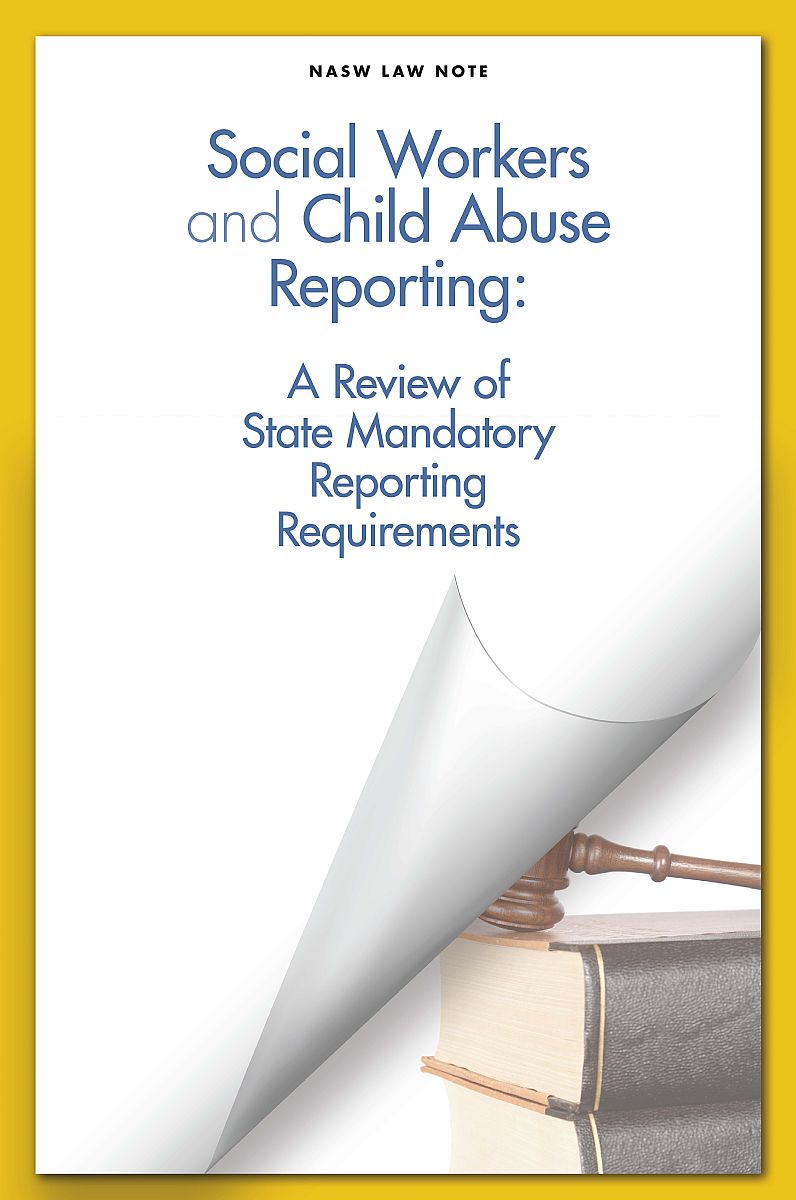
NASW Law Note: The Juvenile Justice System
Page Count: 54
ISBN: 978-0-87101-416-0
Published: 2010
Item Number: 4160
The Juvenile Justice System is part of a series of General Counsel Law Notes written with the support of the NASW Legal Defense Fund.
This Law Note summarizes the broad legal issues relative to social work practice within the juvenile justice system and includes:
- an overview of the historical development of the juvenile justice system in the United States;
- a review of the Juvenile Justice and Delinquency Prevention Act (JJDPA);
- a summary of the evolution of constitutional due process rights in delinquency proceedings;
- a discussion of the legal, ethical, and moral issues related to capital punishment and life without parole;
- a description of state adjudication of juvenile offenders and federal funding thresholds;
- a summary of the development and distinguishing features of mental health and drug courts; and
- a discussion of the admissibility of social workers’ testimony in delinquency proceedings.
The Juvenile Justice System offers an introduction to the means by which social workers bring positive change to the juvenile justice system and is not intended as a substitute for consultation with an attorney with regard to state and local laws that are relevant to specific legal questions.
The NASW General Counsel Law Note series provides information to social workers about legal topics of concern to the social work profession. The Law Notes are developed with the support and financial assistance of the NASW Legal Defense Fund (LDF). Contents vary by title, but generally include legal information, civil procedure, contracts, legal methods, and glossaries. Checklists, timetables, case law, and other resources help social workers understand and exercise their legal rights and responsibilities as well as the rights and responsibilities of their clients.
Introduction
The Advent of the Juvenile Court
Federal Juvenile Justice Act
Process
Detention and Notice
Confidentiality and Disclosure
Social Workers as Expert Witnesses
Rights of Juveniles in Correctional Facilities
Right to Safety
Right to Mental Health Care
Right to an Education
Right to be Free from Unnecessary Restraint
Constitutional Due Process Rights in Delinquency Proceedings
Basic Due Process Rights
Limiting the Expansion of Due Process Rights Accorded to Juveniles
No Right to a Jury Trial
Pretrial Detention is Permissible
Proof Beyond a Reasonable Doubt Standard Applies in Delinquency Proceedings
Capital Punishment and Life Without Parole
State Adjudication of Juvenile Offenders
Juvenile Justice and Delinquency Prevention Act
State Adjudication of Juveniles as Adults
Mental Health and Drug Courts
Conclusions
Endnotes
Appendix A: Amicus Curiae Brief for the National Association of Social Workers in Support of Petitioners, Graham v. Florida and Sullivan v. Florida, U.S. Supreme Court
Appendix B: Juvenile Justice and Delinquency Prevention, Social Work Speaks, NASW Policy Statements
The National Association of Social Workers (NASW) recognizes that distinctions must be drawn to support the developmental differences between juveniles and adults, and as such, it is NASW’s policy that juveniles must be treated appropriately in the legal system. Prior to the founding of this country and during the colonial era, the laws imposed by the British crown and common law did not bear any distinctions between children and adults. Children were accountable for following the same rules as adults, but “it did not take long for early reformers to realize it was neither humane nor effective to treat children and youths in the same manner as adults.”3 Social workers have advocated for the application of different standards to the conduct of children and continue to play an integral role in bringing reform to the legal system, particularly with respect to how juveniles are treated in the criminal justice system.
Many social workers interact with the criminal justice system in the course of their professional duties. Social workers often serve as researchers, administrators, probation officers, case managers, counselors, intake officers, therapists, and also provide courtroom testimony, court-ordered evaluations for juveniles, or act as expert witnesses. It is through such avenues that social workers endeavor to influence and bring positive change to the juvenile justice system.
This law note reviews several broad legal issues that touch upon and affect social work practice within the confines of what is known as the juvenile justice system. This note is intended to raise awareness about the types of issues faced by social workers who work in the juvenile justice system. It is important that social workers with specific legal issues or questions review state and local laws and regulations and consult an attorney to understand the interplay that those laws may have with federal laws, rules, and regulations, which may either supersede or supplement the state laws.
This law note is not intended to be a substitute for legal consultation regarding specific issues that affect the social worker in treating clients or in performing other professional duties. It is recommended that social workers who require specific legal advice consult with an attorney practicing in their state.
